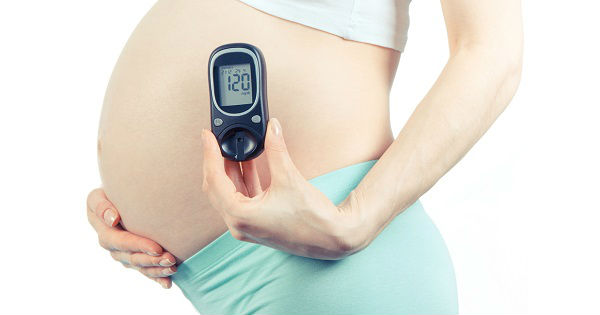Stay away from infant formula

Stay away from infant formula
Stay away from infant formula
A recent study revealed, today, Thursday, that most of the health benefits promoted for infant formula are not based on any reliable scientific studies, indicating that marketing for it is based on misleading claims.
The study was published a week after a series of articles in the scientific journal The Lancet calling for stricter legislation on the infant formula industry.
The articles also accused the manufacturers of exploiting the fears of new parents in their marketing of their products, by trying to persuade them not to adopt breastfeeding.
Health authorities, led by the World Health Organization, recommend the adoption of breastfeeding due to its health benefits for children.
Misleading claims
Daniel Monblit, Honorary Lecturer at Imperial College London, who co-authored the new study published in the BMJ medical journal, acknowledged that formula should remain an option for mothers who are unable or unwilling to breastfeed.
However, he told Agence France-Presse, "We strongly oppose the inappropriate marketing of infant formula, as it is based on misleading claims that are not supported by any solid evidence," calling for neutral packaging devoid of such allegations.
15 countries
Together with a team of multinational researchers, Monblatt scrutinized the health arguments used by the websites of infant formula manufacturers in 15 countries, including the United States, India, Britain and Nigeria, to market 608 products.
These arguments emphasize that these products have benefits for the child's growth, brain development, and strengthening of his immune system.
But the study published today notes that half of the products the researchers looked at did not link claimed health benefits to a specific ingredient, and three-quarters of those products did not cite any scientific reference attesting to these supposed benefits.
Experiments funded by infant formula makers
Clinical trials recorded on humans were conducted on only 14 percent of the products included in the study, but there is a high probability that bias affected 90 percent of these trials, as not all relevant data were mentioned, nor were the results of trials that were not conducive to marketing the product, according to to study.
The study considered that the most important thing is that 90 percent of these clinical trials are funded by or related to the infant formula manufacturing sector.






